Siliguri
A complete tourist and cultural guide
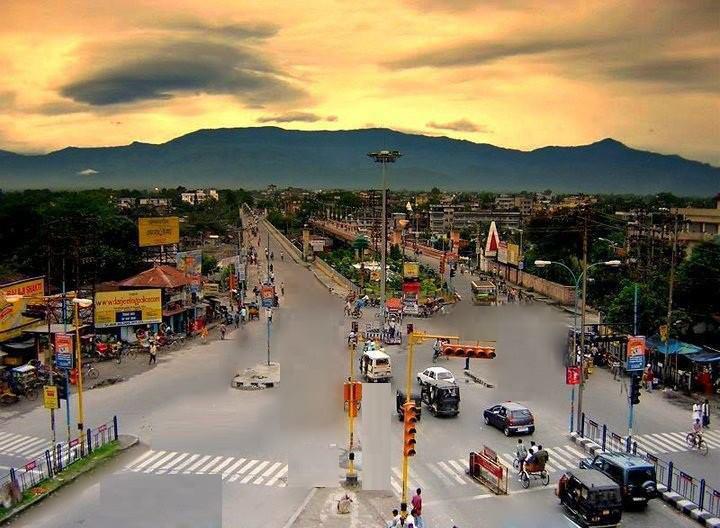
Siliguri, located in the northern part of West Bengal, is a vibrant city nestled at the foothills of the Himalayas. Often referred to as the “Gateway of Northeast India,” it serves as a crucial transit point to popular destinations like Darjeeling, Sikkim, Bhutan, and Nepal. The city is known for its strategic location, connecting the plains to the hills, and for its thriving tea, tourism, and transport industries.
Must-Visit Attractions in Siliguri
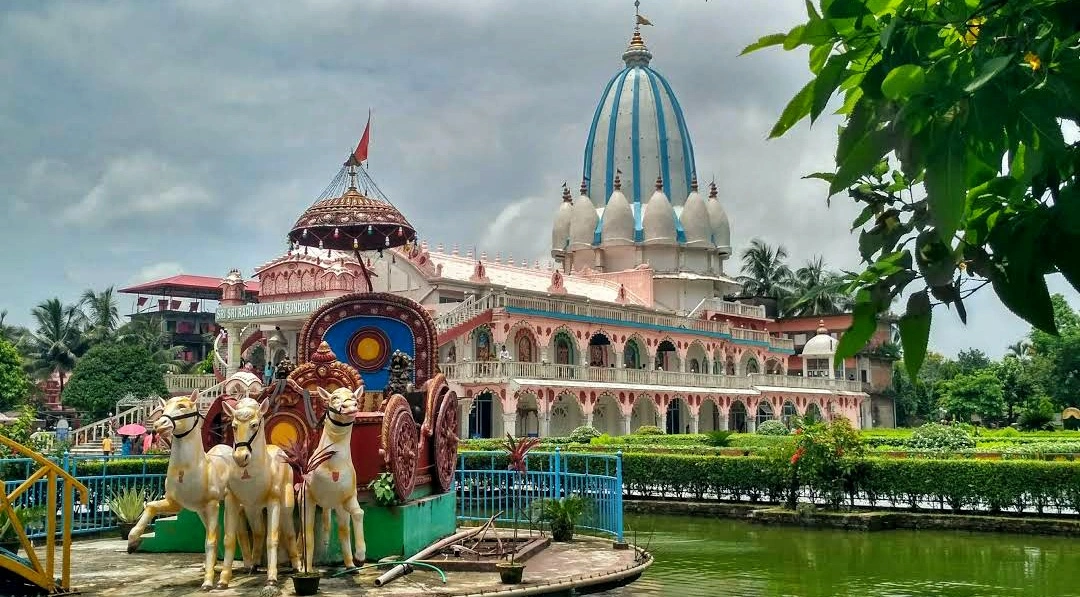
Isckon Temple
The Isckon Temple in Siliguri is a serene and beautifully maintained spiritual destination that attracts visitors with its peaceful ambiance and stunning architecture.

Science city
Ideal for students, families, and curious minds, this is an interactive science center that offers exhibits, planetarium shows, and educational activities.
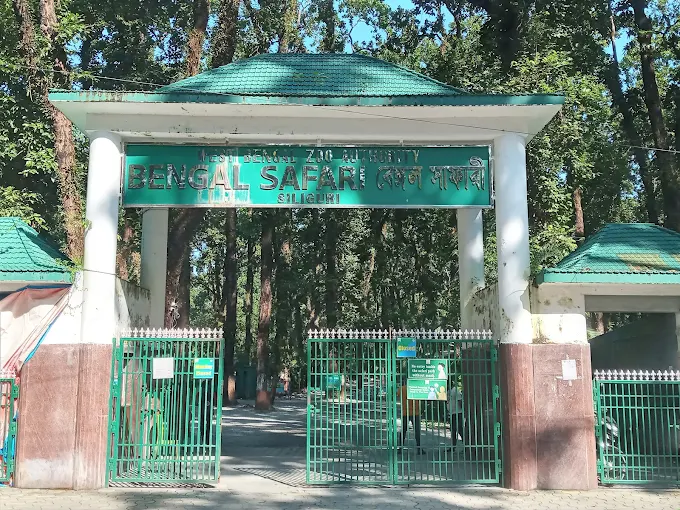
Bengal Safari Park
Bengal Safari Park is a popular family-friendly destination offering an exciting glimpse into the region’s wildlife, With well-maintained surroundings & picnic areas

Hong Kong Market
A bustling shopping hub, Hong Kong Market is famous for its wide variety of imported goods, clothes, accessories, and electronics at affordable prices.
Major Attractions Nearby Siliguri
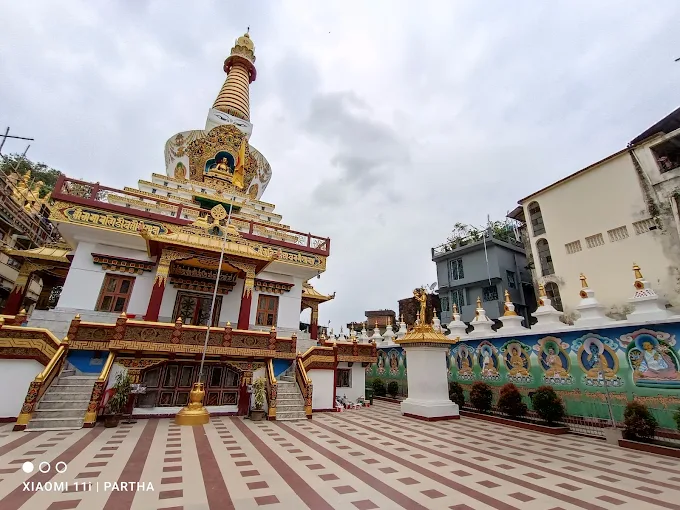
Salugara Monastery
Located just a few kilometers from the city center, Salugara Monastery is a sacred Buddhist site established by Tibetan monks.
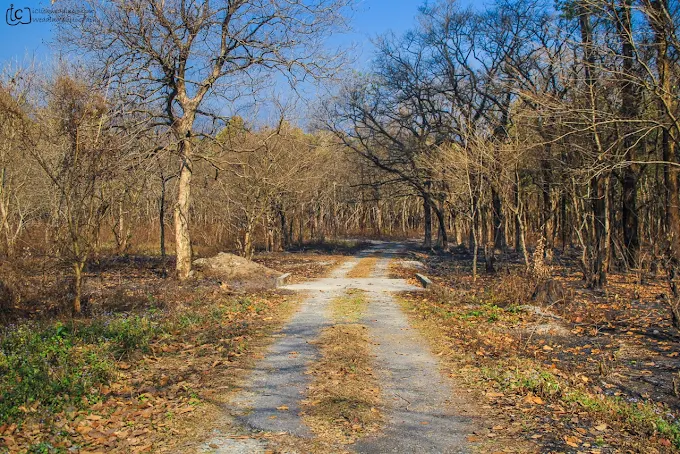
Mahananda Wildlife Sanctuary
Situated on the outskirts of Siliguri, the Mahananda Wildlife Sanctuary is a haven for nature lovers and wildlife enthusiasts.
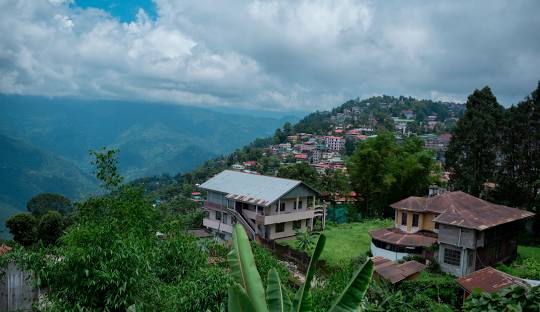
Kalimpong
Nestled in the eastern Himalayas, Kalimpong is a quaint hill town offering panoramic landscapes, Buddhist monasteries, and colonial-era architecture.
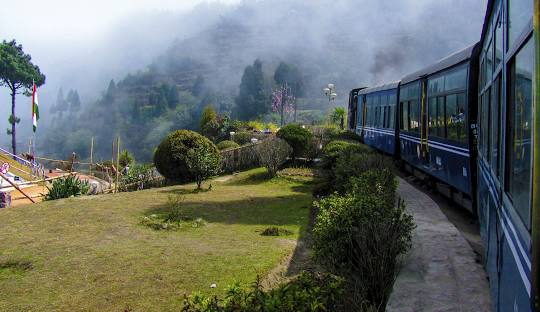
Darjeeling
One of the most famous hill stations in India, Darjeeling is known for its cool climate, lush tea gardens, and stunning views of the Kanchenjunga mountain.
Things to do in Siliguri
Experience the spiritual, cultural, and historical essence of the city.
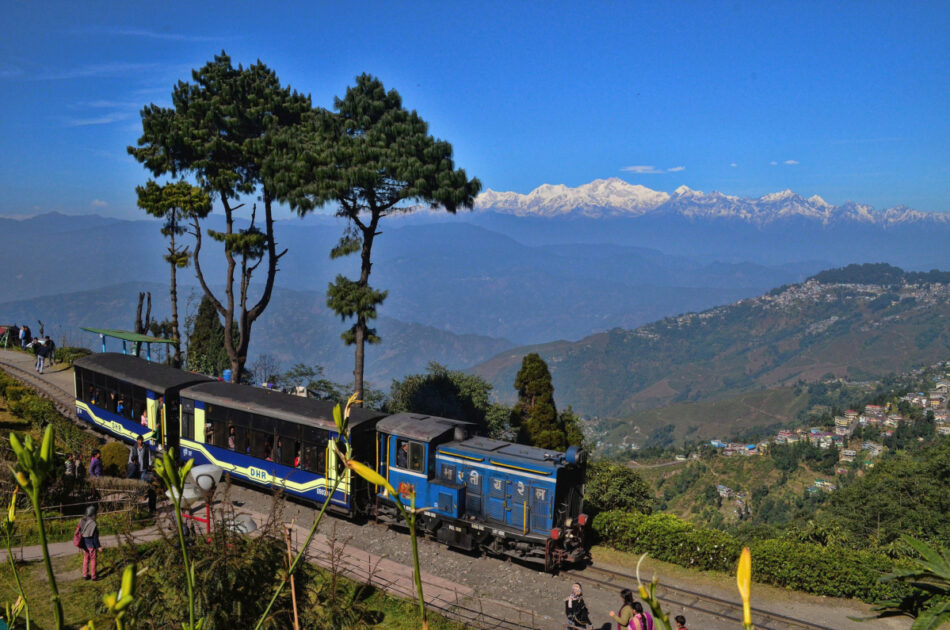
Enjoy a Toy Train ride from siliguri Junction
Tourists can experience a heritage ride on the Darjeeling Himalayan Railway toy train that starts from Siliguri Junction.
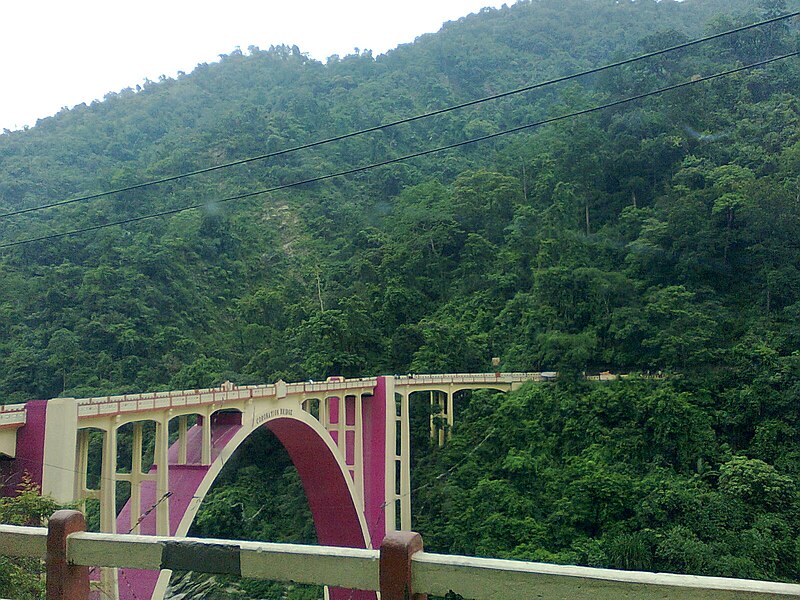
Stroll around Coronation Bridge
One of the iconic Bridge, an architectural marvel offering breathtaking views of the river and hills perfect for photos and peaceful moments.
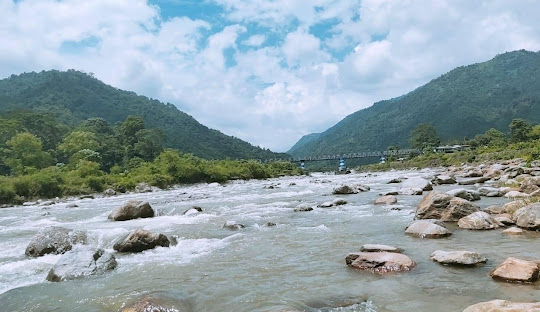
Enjoy sunset at Dudhia
Located around 25 km from Siliguri, Dudhia is a scenic riverside spot perfect for short road trips. Tourists can enjoy the cool breeze, watch the sunset.
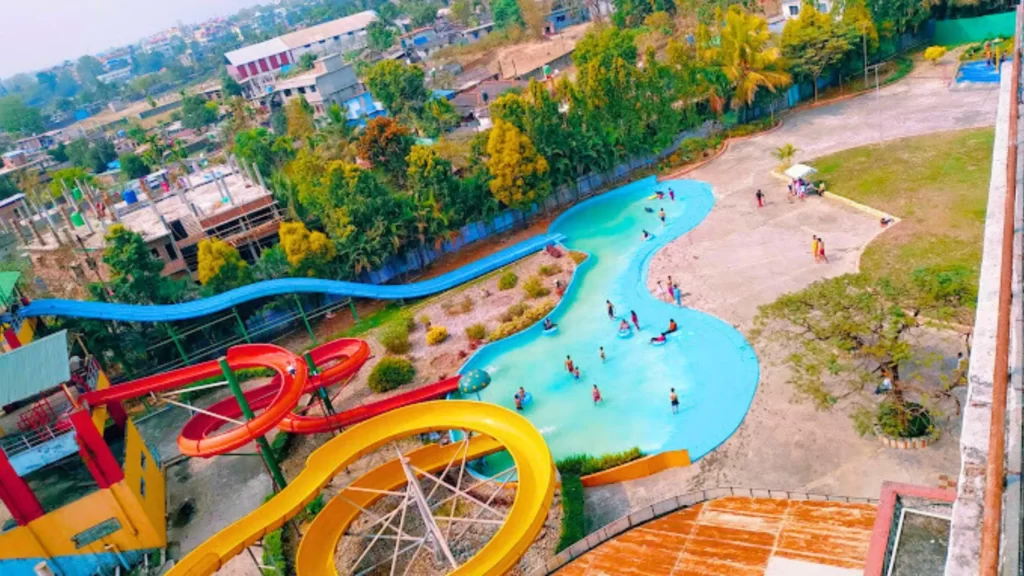
Relax at Savin Kingdom Amusment park
Ideal for families and kids, Savin Kingdom is a water and amusement park with various rides, water slides, and entertainment zones.
The Performing Art of Siliguri
The performing arts of Siliguri reflect the region’s diverse cultural heritage and vibrant community spirit. From traditional folk expressions to contemporary stage acts, the city embraces a wide range of artistic forms that blend storytelling, music, dance, and drama. These performances often serve as a medium to convey local beliefs, social themes, and festive celebrations. Whether showcased during cultural festivals, community gatherings, or theatrical events, the performing arts in Siliguri play an important role in preserving traditions while also adapting to modern influences, making them an essential part of the city’s cultural identity.
Baul Music
Nepali Folk Music
Modern Fusion Music
Baul Music, a soulful folk genre that originates from Bengal and is often performed by wandering minstrels using various instruments. Nepali folk music widely heard due to the city’s large Nepali-speaking population; instruments like the madal and bansuri are commonly used in these performances. Modern Fusion Music where traditional tunes are blended with contemporary styles like rock or jazz, especially among the youth.
Chhau
Maruni Dance
Dhali Dance
Chhau, a semi-classical dance with martial and folk elements, often performed during festivals with vibrant masks and rhythmic movements. Maruni Dance ooted in the Nepali culture of the region, where dancers in bright costumes perform graceful, story-telling movements. Dhali Dance is seen in cultural events and is characterized by energetic performances involving shields and swords, symbolizing valor and folklore from Bengal’s rural traditions.
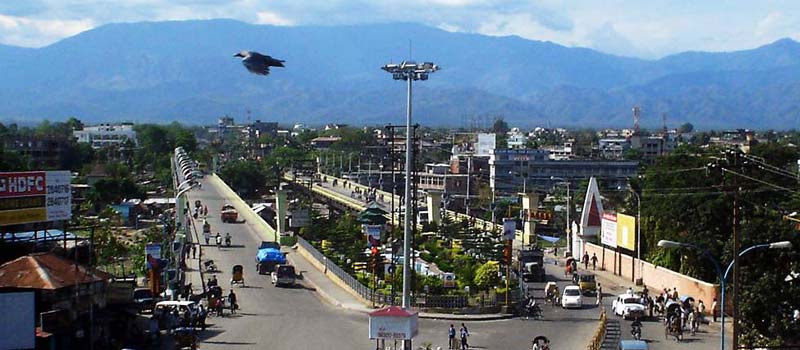
City Vibes
Siliguri carries a unique blend of urban energy and natural charm, making its city vibes both dynamic and refreshing. As a bustling commercial hub in North Bengal, the city is always alive with the movement of people, colorful markets, busy streets, and a mix of languages and cultures.
Heritage of Siliguri
The heritage of Siliguri is deeply rooted in its strategic location and cultural diversity. As a historical gateway between the plains and the hills, Siliguri has long served as a vital trade and transit point, influencing its social and cultural evolution.
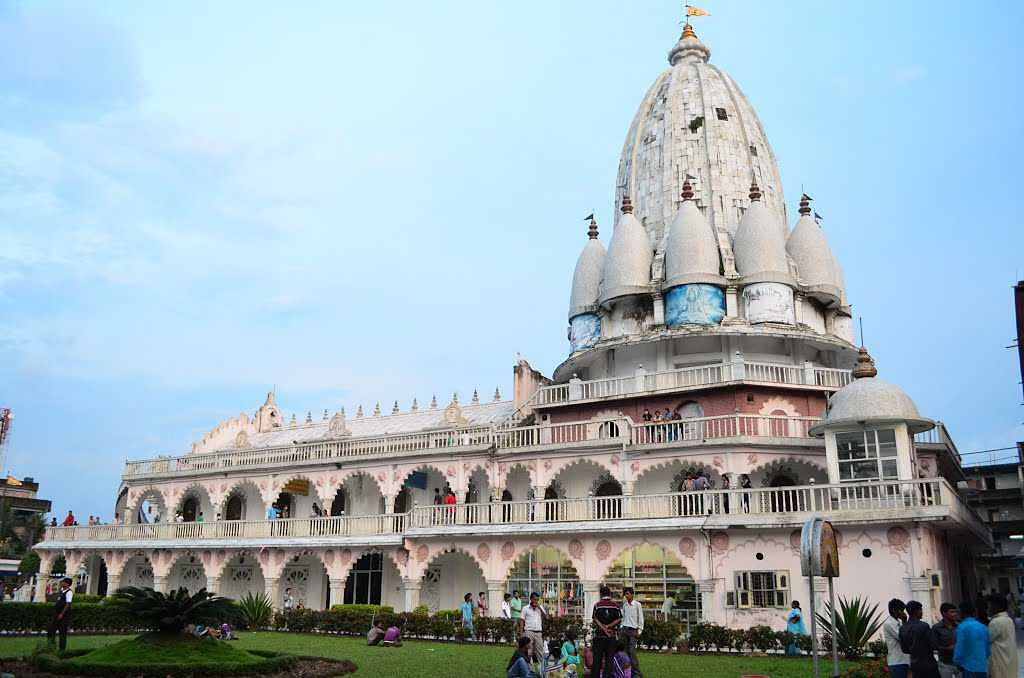
Cuisine of Siliguri
Siliguri is a paradise for food lovers, offering a variety of traditional delights.
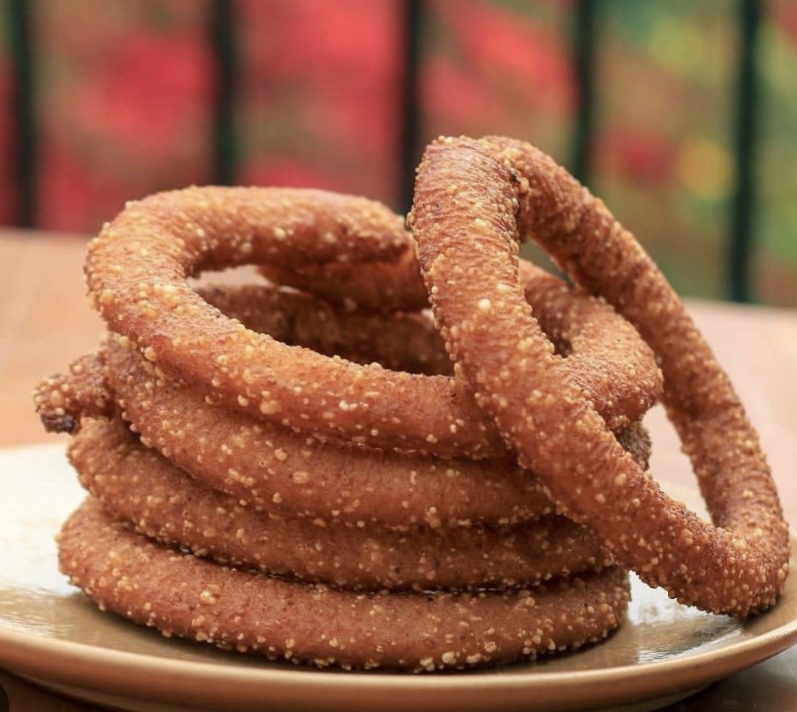
Sel Roti
Sel Roti is a traditional homemade rice bread, slightly sweet and crispy, usually prepared during festivals and special occasion.
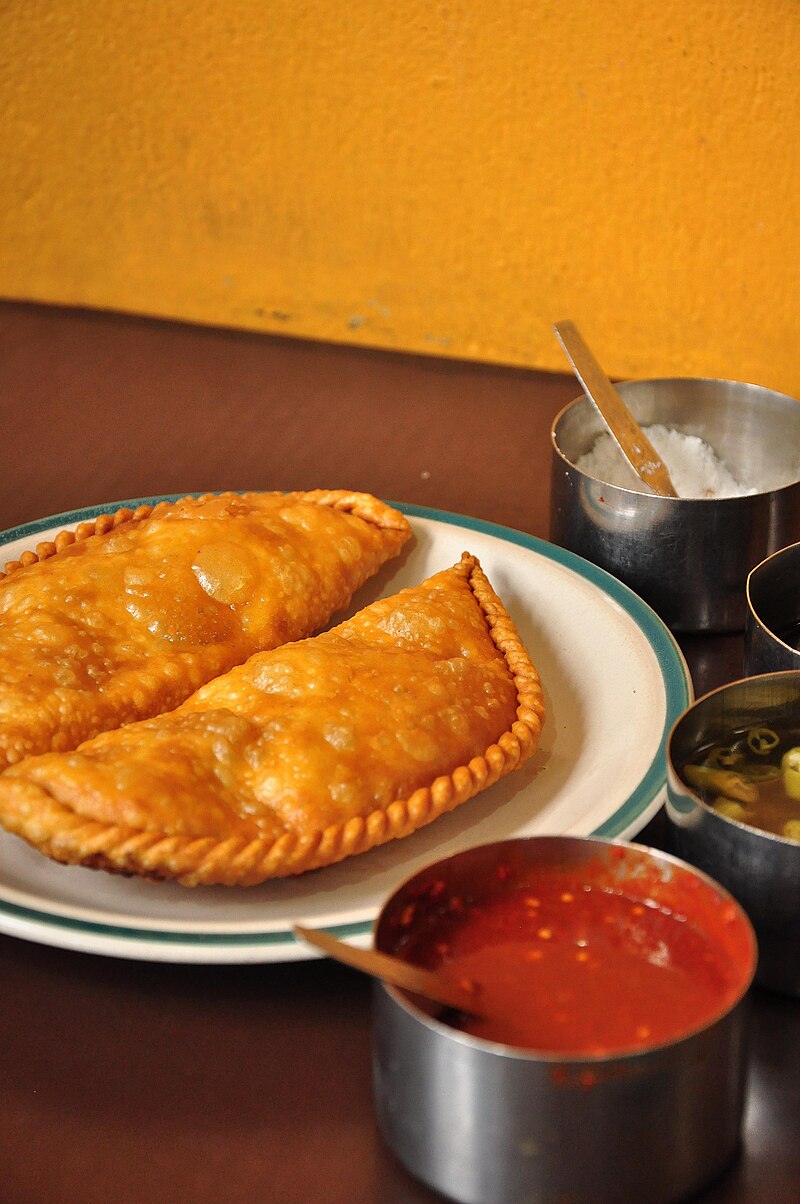
Shaphaley
Shaphaley is a deep-fried bread stuffed with seasoned meat, often enjoyed as a breakfast or evening snack
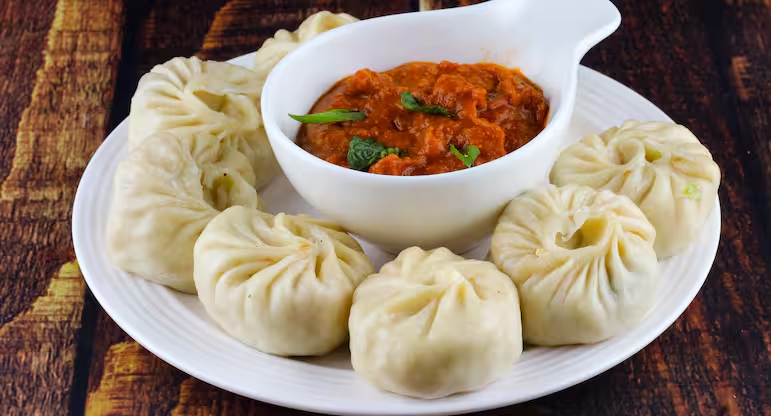
Momos
Momos are one of the most popular and loved street foods in Siliguri, influenced by Tibetan and Nepali cuisine.

Thukpa
Thukpa is a hearty noodle soup that reflects the strong Himalayan influence in Siliguri’s cuisine. It’s made with noodles, vegetables & meat
Shopping in Siliguri
Shopping in Siliguri offers a vibrant mix of tradition and craftsmanship.
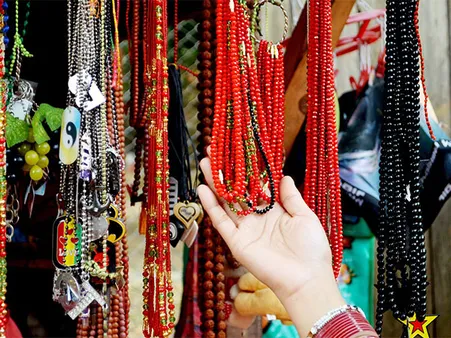
Imported Clothes & Accessories
Siliguri, especially areas like Hong Kong Market, is known for a wide range of imported clothing, bags, watches, and accessories at affordable prices.
Local Spices
With traders coming from nearby regions and across borders, you’ll find a rich mix of fresh nuts, dried berries, cardamom, cinnamon, and other aromatic ingredients

Darjeeling Tea
Being close to the tea estates of Darjeeling, Siliguri is an excellent place to buy authentic Darjeeling tea. Tourists often pick up premium loose-leaf teas.
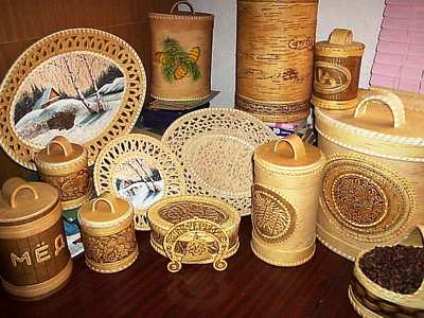
Local Handicraft
Local handicrafts reflecting Tibetan and Nepali influence are popular among visitors. These include traditional masks, prayer flags, handmade jewelry, and decorative pieces.
Tourist's Handbook
The best time to visit Siliguri is during the cool and dry winter months, typically from October through February. During this period, daytime temperatures range from around 10 °C to 25 °C (50 °F to 77 °F), offering pleasantly mild weather and crisp air that's ideal for sightseeing, nature walks, and venturing into the nearby hills—on clear days, you might even glimpse the snow‑capped Kanchenjunga peak in the distance
Stay alert in crowded areas
Busy markets like Hong Kong Market can be hotspots for pickpockets. Keep your belongings secure and use anti-theft bags.Use trusted transportation
Prefer app-based cabs or registered taxis over unlicensed vehicles, especially at night or when arriving from the airport or station.Avoid isolated areas after dark
While Siliguri is generally safe, avoid walking alone in less populated areas or alleys during late hours.Keep emergency contacts handy
Save local emergency numbers, including your hotel, police (100), ambulance (102), and any local contacts, just in case.
Getting around in Siliguri is quite convenient, thanks to a variety of local transport options that cater to different budgets and preferences. Auto-rickshaws and e-rickshaws are widely available and ideal for short distances or navigating through busy market areas. For a more comfortable ride, app-based cab services like Ola and Uber operate in the city, making travel smoother and more reliable. Shared jeeps and tempos are common among locals and serve as an affordable way to reach nearby towns and hill stations like Darjeeling or Kalimpong.
Fake travel agents and tour packages
Some unauthorized agents may offer cheap tour deals to Darjeeling, Sikkim, or Bhutan. Always book through reputed or government-approved agencies.Overcharging taxis or autos
Some drivers may refuse to use meters and demand high fares, especially from tourists. Confirm rates beforehand or use app-based cabs for transparency.Pickpocketing in crowded markets
Busy areas like Hong Kong Market or Bidhan Market can attract pickpockets. Keep your wallet, phone, and bags secure at all times.Counterfeit branded products
Street vendors might sell fake “branded” clothes, electronics, or perfumes at too-good-to-be-true prices. Check quality before purchasing.
Varanasi Blogs
- Uttar Pradesh Cultural guide
- Places to visit in Varanasi
- Places to visit nearby Varanasi
- India’s most popular destination
- India’s archaeological marvels
Recommended articles
- Uttar Pradesh Cultural guide
- Places to visit in Varanasi
- Places to visit nearby Varanasi
- India’s most popular destination

